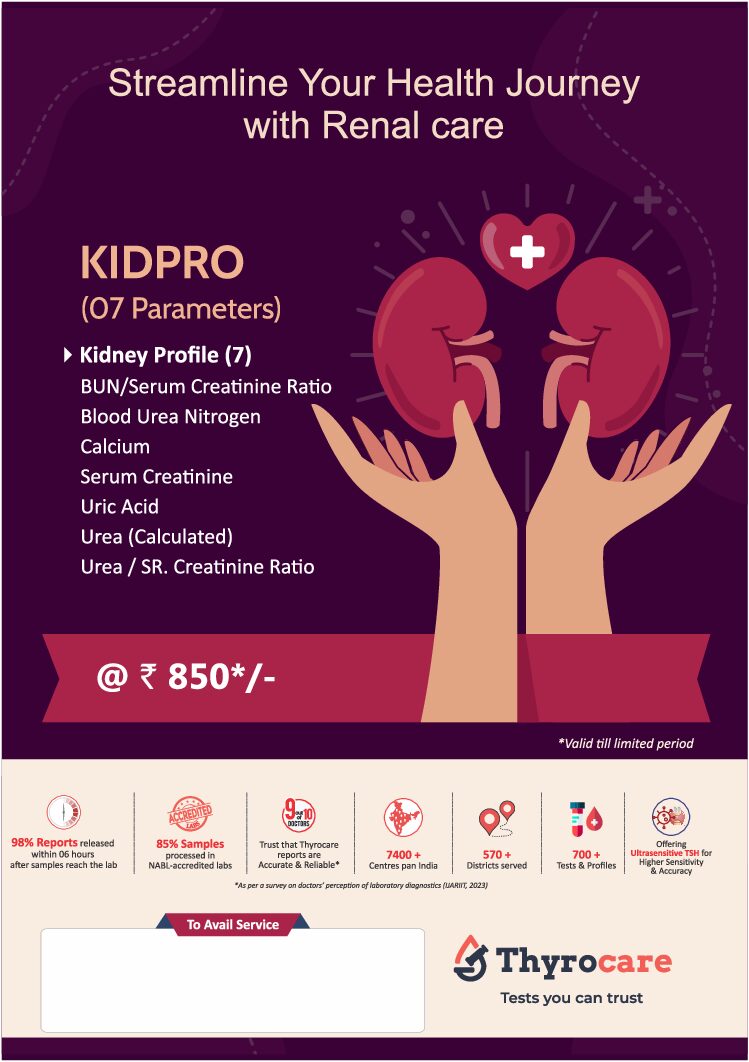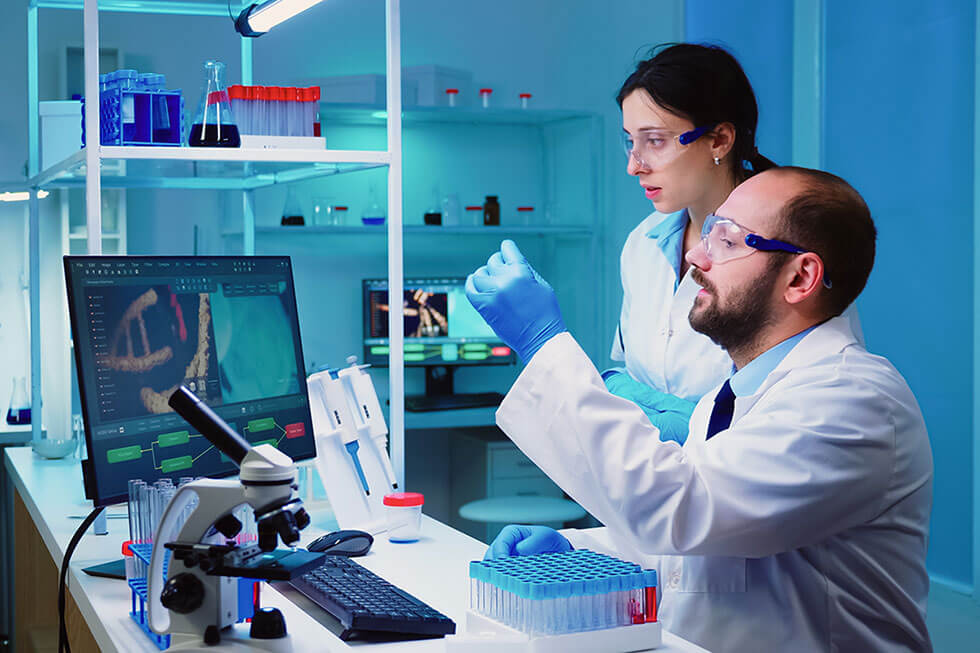Full Biochemistry Profile
Blood biochemistry tests. Plasma, the liquid component of blood after red and white blood cells have been removed can be tested for enzymes, proteins and trace elements.
Each of the parameters tested may indicate which organ system such as the liver or kidneys may not be functioning properly.
Profiles have been organized so that most parameters relating to specific organs can be tested in groups aiding accuracy.
Profiles have been organized so that most parameters relating to specific organs can be tested in groups aiding accuracy.
List Of Options
• Basic biochemistry profile
Glucose, urea, creatinine, bilirubin, AST, ALT, alkaline phosphatase, gamma-glutamyl transpeptidase (GGT), albumin, protein, cholesterol, triglyceride, high-density lipoprotein (HDL cholesterol), low-density lipoprotein (LDL cholesterol), calcium, phosphorus, sodium, potassium, chloride and uric acid.
• Renal (Kidney) profile
Sodium, potassium, urea and creatinine
• Hepatic profile
Transaminases (alanine and asparagine), gamma-glutamyl transpeptidase (GGT), alkaline phosphatase, bilirubin and albumin.
• Bone profile
Protein, albumin, calcium, phosphorus and alkaline phosphatase.
• Cardiac profile
Transaminases (alanine and asparagine), creatine kinase, lactate dehydrogenase and potassium.
• Lipid profile
Cholesterol, triglyceride, high-density lipoprotein (HDL) and low-density lipoprotein (LDL).
INDICATIONS TO PERFORM A TEST
Your doctor is probably the best person to advise what test you need after you have discussed together your personal and your family medical history. Always seek professional medical advice as many illnesses may produce symptoms that you may not relate to the causative mechanism. For example, a peptic ulcer may cause fatigue due to chronic blood loss.
• Routine tests to evaluate patient health (obligatory for some professions).
• Screening tests: Performed for health assessment. Evaluating total cholesterol as well as its fractions and triglycerides may give a good indication of the risk of developing heart disease.
- Sodium
- Potassium
- Glucose
- Urea
- Creatinine
- Calcium
- Phosphates Inorganic
- Proteins Total
- Bilirubin Total
- Gamma-Glutamyl Transferase (GGT)
- Aspartate Aminotransferase (AST)
- Alanine Aminotransferase (ALT)
- Creatine Kinase (CK)
- Uric Acid
- Iron
- Cholesterol Total
- High-Density Lipoprotein (HDL Cholesterol)
- LDL – Cholesterol
- Triglycerides
- CHOL RISK FACTOR
- Alkaline Phosphatase (ALP)
- Albumin
- Globulin
- Non-HDL
- Calcium (adjusted)


